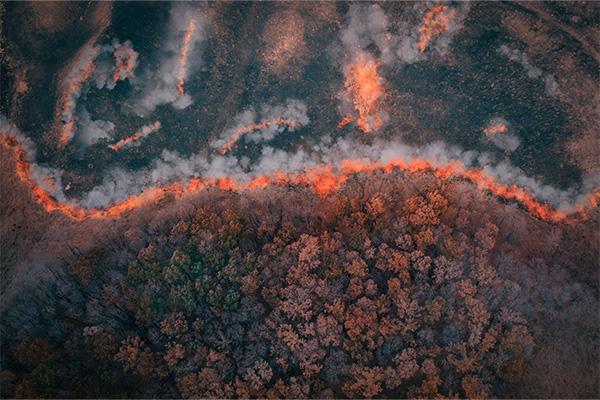The European Commission announced the results of 2021–2022 Space-related calls for proposals of Horizon Europe Cluster 4 "Digital, Industry and Space".
The selected projects will foster competitiveness and technological non-dependency of the EU Space sector while consolidating EU flagship programmes and developing new downstream applications and evolution schemes for the existing services of the European Union Space Programme. The selected projects also emphasize European access to space as well as future technologies such as Quantum, Space Weather and space science.
1. Detailed results in the Factsheet:

2. Links to the details from the implementing agencies:
Grant agreements signed with HaDEA
Grant agreements signed with EUSPA
ASCEND
As part of the 2021 Horizon Europe calls for Space, the 2021 call managed by HaDEA, the Health and Digital Executive Agency, included a topic for the development of the future space ecosystems that will help Europe be more competitive in the Space sector. Four projects were successfully evaluated and the related Grant Agreements have just been signed. Amongst them is project ASCEND. European space technology has now reached a level of maturity that makes possible a revolutionary, yet possible, endeavour: the installation of internet data centres in orbit, in order to reduce the exponential impact of digital technology on energy consumption and on climate warming. The goal of the ASCEND project is to demonstrate that placing future data centre capacity in orbit, using solar energy outside the earth’s atmosphere, will substantially lower the carbon footprint of digitalization.
ASCEND will receive a grant of over €2.0M.

ASTRAIOS
As part of the 2022 Horizon Europe calls for Space, the 2022 call managed by HaDEA, the Health and Digital Executive Agency, included a topic for the development of adequate Space-related education and skills. One project was successfully evaluated and the related Grant Agreement has just been signed: project ASTRAIOS. ASTRAIOS will provide an exhaustive view and understanding of the current and future offer of space curricula and courses in the EU-27, characterise the demand from European space industry in the next 10-15 years, and identify actionable ways towards the alignment of the European space sector’s curricula and qualification capabilities with skills required by the sector to foster innovation and increase EU competitiveness. Final outputs will include recommendations of actions towards a better alignment between the European space sector’s curricula and the skills required by the future EU space sector, new materials to promote space related jobs and careers, and educational material developed for the Copernicus and Galileo sectors.
ASTRAIOS will receive a grant of €3.0M.

CARIOQA
As part of the 2021 Horizon Europe calls for Space, the 2021 call managed by HaDEA, the Health and Digital Executive Agency, included a topic for the development of Quantum technologies for space gravimetry. One project was successfully evaluated and the related Grant Agreement has just been signed: project CARIOQA. Indeed, the emergence of quantum sensors offers an opportunity to provide new applications for climate sciences through the improvement of space gravimetry performance. Hence, the mastery of this technology in space is one of the major environmental, technological and strategic challenges of the decade. CARIOQA will prepare the deployment of quantum gravimeters/accelerometers in space within the decade, through a Quantum Pathfinder Mission with a technical and programmatic roadmap.
CARIOQA will receive a grant of €17.0M.

CENTAUR
As part of the 2021 & 2022 Horizon Europe calls for Space, the 2021 & 2022 calls managed by HaDEA, the Health and Digital Executive Agency, included seven topics for the evolution of Copernicus Services, among which the Copernicus Security & Emergency Services. Eight projects were successfully evaluated and the related Grant Agreements have just been signed. One of them is project CENTAUR. The objective of CENTAUR is to respond to societal challenges deriving from climate change threats. In the emergency domain, CENTAUR will address flood-related threats to population, assets and infrastructures in urban areas. In the Security domain, CENTAUR will address water & food insecurity. CENTAUR will integrate data coming from multiple sources, with a specific focus on those generated by other Copernicus services. It will combine these with meteorological data, socio-economic data, and data coming from new sensors and social media. It will thus enhance capacities to produce composite risk indexes and to perform multi-criteria analyses.
CENTAUR will receive a grant of close to €5.0M.
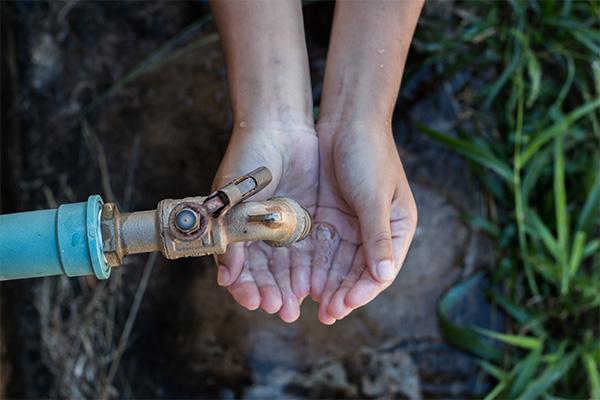
DUSTER
As part of the 2022 Horizon Europe calls for Space, the 2022 call managed by HaDEA, the Health and Digital Executive Agency, included a topic for the development of space science and exploration technologies. Five projects were successfully evaluated and the related Grant Agreements have just been signed. One of them is project DUSTER. International scientific and commercial interests in exploration missions to solar system bodies such as the Moon, asteroids and comets have increased significantly. Several exploration missions are planned in the near future, in particular to the Moon. One major environmental constraint during those missions is the presence of charged dust-like particles, as they can degrade equipment by accelerating wear. Moreover, exposure to and inhalation of such dust can have toxic effects on human explorers. The objective of the DUSTER project is to develop an instrument for in-situ analysis of dust-like particles and their transport in the context of planetary and small body exploration missions. The technology that will be developed can serve as a basis to design electrostatic dust mitigation devices and dust sample-collecting equipment.
DUSTER will receive a grant of €1.5M.
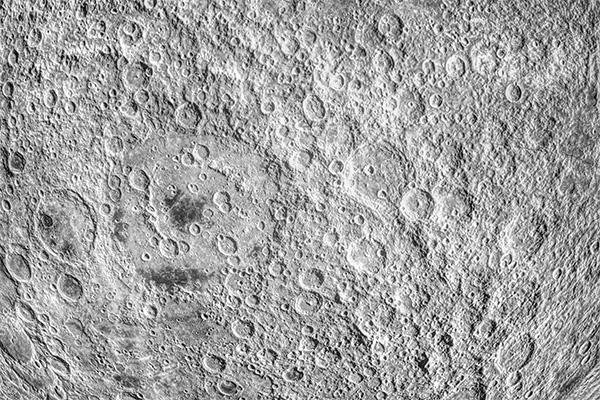
ENLIGHTEN
As part of the 2021 Horizon Europe calls for Space, the 2021 call managed by HaDEA, the Health and Digital Executive Agency, included a topic for the development of low cost high thrust propulsion for launchers that will help European actors get independent, high quality and low-cost access to Space. One project was successfully evaluated and the related Grant Agreement has just been signed: project ENLIGHTEN. In order to preserve European independent access to space, European launchers must improve their competitiveness by halving launch prices already in the short term. Europe must thus concentrate efforts on liquid propulsion systems which can be half of the launcher cost and is critical for reusability. ENLIGHTEN will prepare a demonstrator of Green High Thrust Engine based on Liquid Hydrogen using the latest advances in additive manufacturing to reduce the cost and number of engine parts. It will also use an Artificial Intelligence machine learning algorithm to develop the first space engine Health Monitoring System in Europe, necessary to implement reusability.
ENLIGHTEN will receive a grant of close to €17.6M.
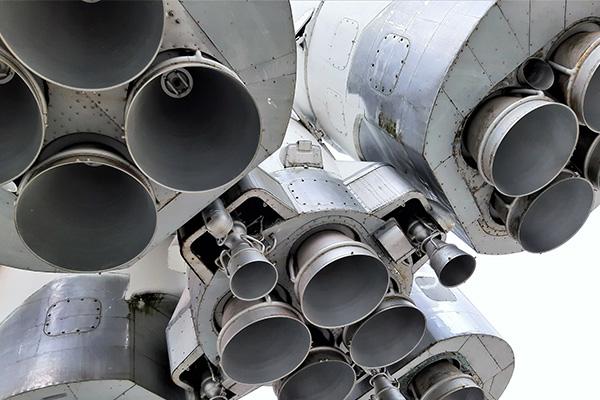
EWOKS
As part of the 2021 Horizon Europe calls for Space, the 2021 call managed by EUSPA, the EU Agency for the Space Programme, included a topic for the development of Galileo-based applications for Safety and Crisis Management. Three projects were successfully evaluated and the related Grant Agreements have just been signed. Amongst them is project EWOKS. In 2023, the European Commission will launch the Galileo Emergency Warning service (EWS), a worldwide service to broadcast emergency warnings linked to natural or man-made disasters, with the major advantage to remain operational when all terrestrial communication networks are down, and in places where they do not exist at all. Final recipients of EWS messages are primarily citizens equipped with Galileo enabled smartphones, but also European Civil Protection actors. For those actors, a specific Galileo equipment is needed to receive and process all EWS messages. Project EWOKS will develop that specific equipment.
EWOKS will receive a grant of €2.6M.
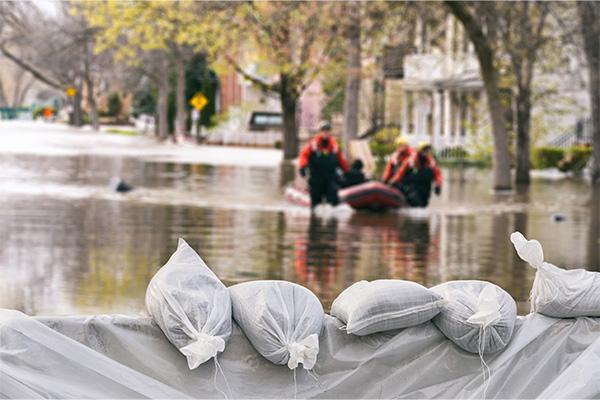
SAGAN
As part of the 2021 & 2022 Horizon Europe calls managed by HaDEA, the Health and Digital Executive Agency, included two topics responding to one of the European Commission, DG-DEFIS priorities in terms of strategic EU autonomy, notably the development of critical space technologies for European non-dependence. Eight projects were successfully evaluated and the related Grant Agreements have just been signed. Amongst them is project SAGAN. SAGAN addresses a crucial element in future satellite platforms and payloads: normally off GaN devices for power applications and use in Spacecraft Electrical Power Systems (EPS). Power transistors are key elements of electrical units used for example in power conversion. During the last decade, several technological advancements have enabled a new type of transistors based on Gallium Nitride over Silicon. GaN transistors allow a reduction in mass of the equipment that uses them and a reduction in power consumption. Currently, in Europe there is no 650V GaN process, normally-off, suitable for space applications therefore responding to specific requirements in terms of reliability, robustness and compatibility with rush environments. SAGAN will establish a non-dependent supply chain (design, manufacturing, and qualification testing) for GaN transistors and complement other R&D developments supported by DG-DEFIS focused on low voltage GaN for space applications.
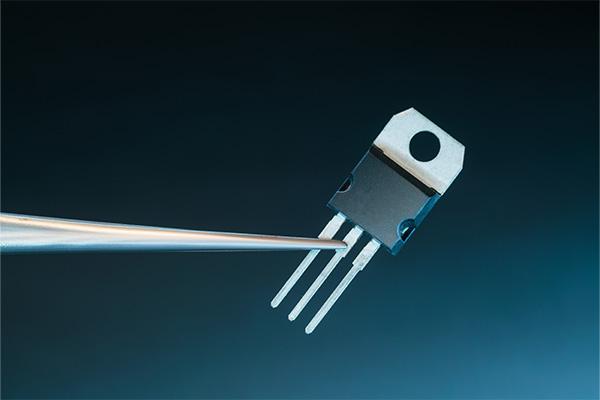
SWIFTT
As part of the 2021 Horizon Europe calls for Space, the 2021 call managed by EUSPA, the EU Agency for the Space Programme, included a topic for the development of Galileo and Copernicus-based applications fostering the European Green Deal. Seven projects were successfully evaluated and the related Grant Agreements have just been signed. Amongst them is project SWIFTT. Forests are essential to life on Earth: they provide habitats for thousands of animals and combat climate change through carbon sequestration. However, our forests are increasingly threatened by insect outbreaks, fires, windthrow and droughts. Climate change causes insects to breed more frequently and provides more dry fuel for wildfires. SWIFTT will provide a scientifically sound and technically feasible way to help monitor and manage forest risks, involving Copernicus Earth observation data combined with affordable, simple and effective remote sensing tools backed up by powerful machine learning models. SWIFTT will be tested in real conditions by several end-users from the forest industry and can then be replicated elsewhere.
SWIFTT will receive a grant of close to €2.9M.
